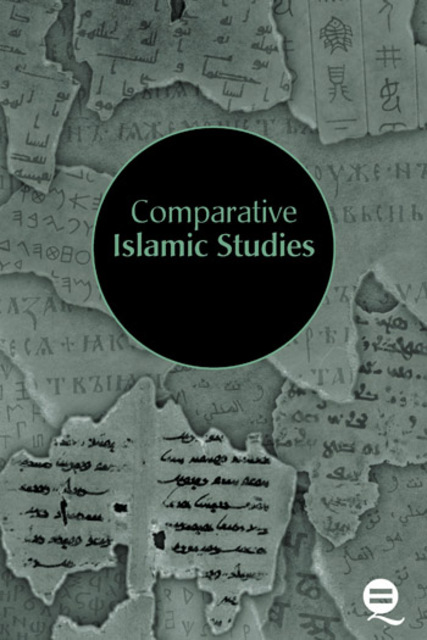Theorizing Charismatic Authority in Early Islamic Law

Full description
In Islamic Studies, charisma has usually been reserved for the study of marginalized individuals. I argue here that charisma may also be applied to leadership among legal scholars. To do so, I join a long line of scholars who have modified Max Weber’s initial insights, and put forth a new, dynamic model of charismatic authority. The purpose of my model is to account for the fact that religious histories emphasize the uniqueness of the originating charismatic event, be that Prophet Muhammad’s revelations, Jesus’ theophany or the Buddha’s enlightenment, while at the same time recognizing that the charismatic cycle never quite ends. In contrast with Weber, I argue that charismatic authority in religious traditions is best understood as a network of influence and interaction through which the routinization of charisma reinterprets and redefines the meaning of the originating charismatic event.
- typeImage
- created on
- file formatjpeg
- file size79 KB
- container titleComparative Islamic Studies
- creatorHow to Cite Brockopp, J. E. (2007). Theorizing Charismatic Authority in Early Islamic Law*. Comparative Islamic Studies, 1(2), 129–158
- issnISSN:1743-1638 (online)
- issue1.2
- publisherEquinox Publishing Ltd.
- publisher placeSheffield, United Kingdom
- rightsEquinox Publishing Ltd.
- doi
We use cookies to analyze our traffic. Please decide if you are willing to accept cookies from our website. You can change this setting anytime in Privacy Settings.
